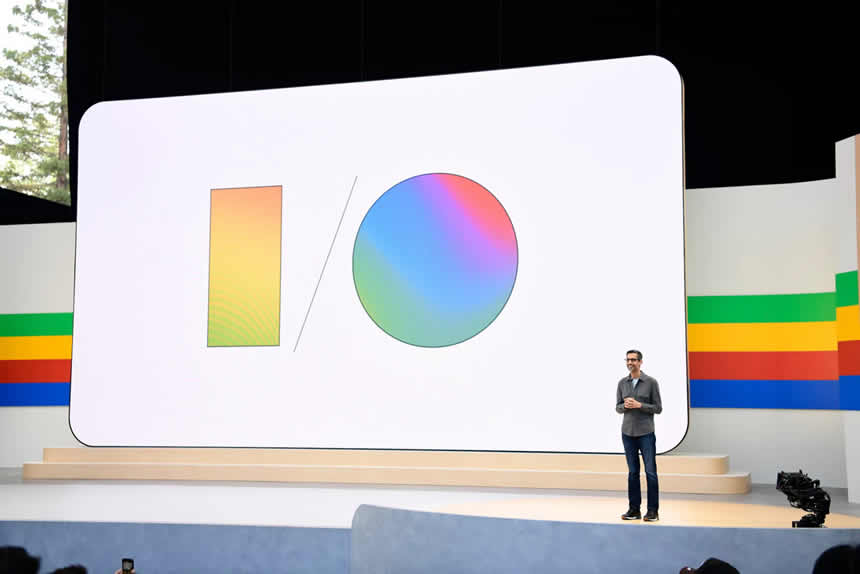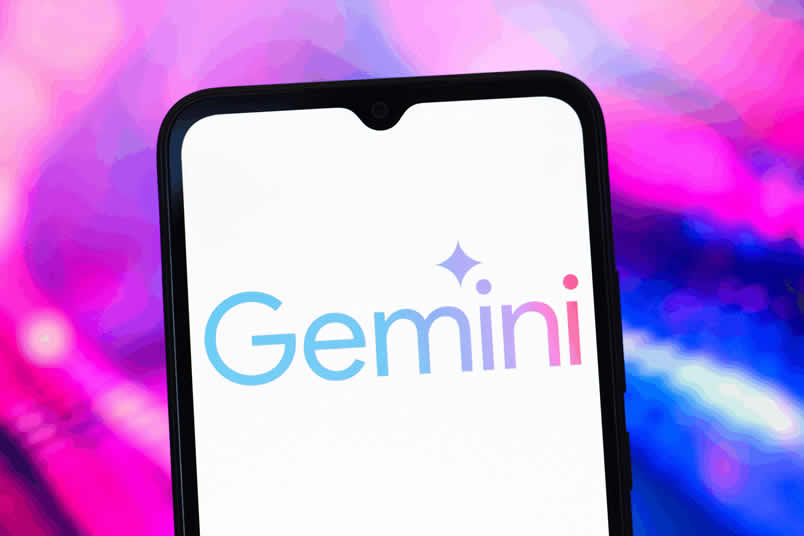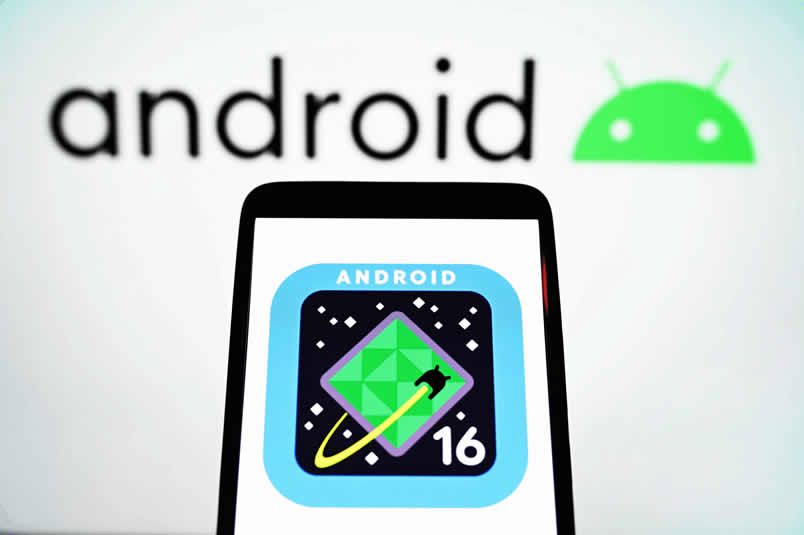Google’s annual developer conference, Google I/O 2025, is set to take place on May 20–21 at the Shoreline Amphitheatre in Mountain View, California. The event will showcase a range of product announcements across Google’s portfolio, including updates to Android, Chrome, Google Search, YouTube, and the AI-powered chatbot, Gemini.

Gemini and AI
Artificial Intelligence remains a focal point for Google, with significant investments in its development. At I/O 2025, Google is expected to introduce new additions to its flagship Gemini family of AI models. Leaks suggest that an updated Gemini Ultra model is on the horizon, representing Google’s top-tier offering in the Gemini lineup.

Accompanying the upgraded Gemini Ultra may be the introduction of new subscription tiers beyond the existing Gemini Advanced plan, which is priced at $20 per month. These potential new plans, tentatively named Premium Plus and Premium Pro, could offer additional capabilities within the Gemini chatbot, although specific benefits and pricing details remain undisclosed.
Google is also likely to discuss Astra, its initiative aimed at building AI applications and agents capable of real-time, multimodal understanding. Additionally, Project Mariner, which focuses on AI agents that can navigate and take action across the web on behalf of users, is expected to be a topic of discussion.
Android 16
For the first time, Google will host a separate event dedicated to Android updates, known as The Android Show, approximately a week before I/O. The spotlight will be on Android 16, the latest version of Google’s mobile operating system.

Android 16 is anticipated to introduce improved notifications and a comprehensive new design language called Material 3 Expressive. According to a leaked blog post, Material 3 Expressive represents a complete overhaul, emphasizing greater responsiveness and dynamic “action elements” that enhance user interaction.
This update is largely focused on quality-of-life improvements. Features such as support for Auracast will facilitate easier switching between Bluetooth devices. The inclusion of lock screen widgets and a suite of new accessibility features are also expected to enhance the user experience.
Furthermore, Google may highlight advancements in Android XR, its extended reality platform developed in collaboration with Samsung. This platform is designed to support XR devices, including Samsung’s Project Moohan headset and smart glasses developed by Google DeepMind. Android XR is heavily integrated with the Gemini generative AI-powered chatbot, aiming to deliver immersive experiences.
